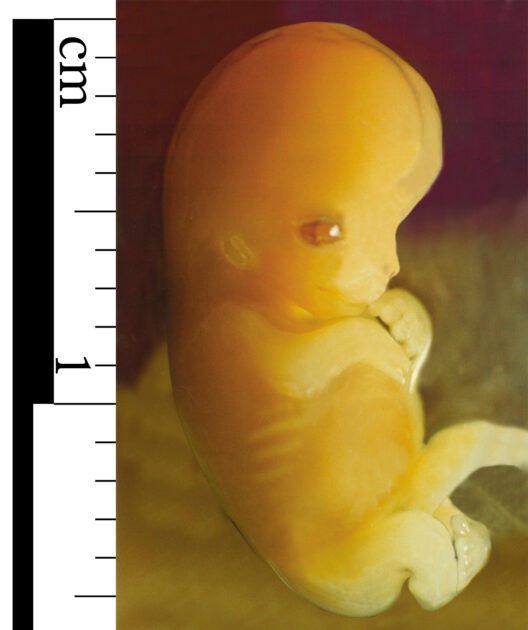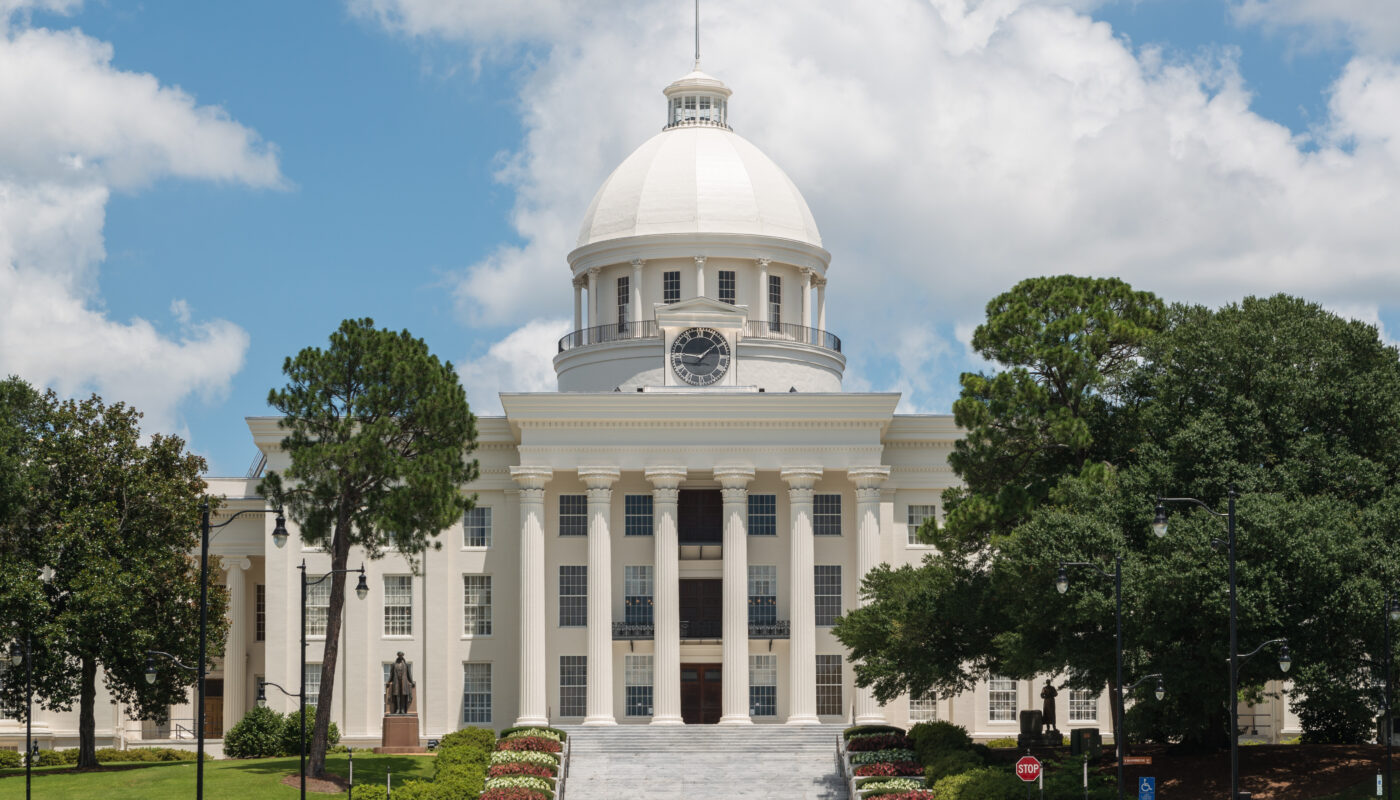In Vitro Fertilization (IVF) is the combining of a man’s sperm and a woman’s egg in a laboratory dish. IVF is a process intended for women who are having difficulty conceiving a child.

The conceiving of a child is a struggle for one-in-five married couples in the United States, so the popularity of IVF has grown substantially. According to the Pew Research Center, 42% of adults in the United States have either used fertility treatments or know someone who has used fertility treatments similar to IVF.
While the need for fertility treatments is common in the United States, Alabama has recently ruled a ban on frozen embryos.
The ruling decided on Feb. 16, declared “embryos created through in vitro fertilization (IVF) should be considered children.” Because the freezing of excess embryos is common in the IVF practice, subjecting these embryos to subzero temperatures would be inhumane given the ruling that embryos are considered equal to children.
The court case, LePage v. Center for Reproductive Medicine, P.C., originated from three couples who had all undergone IVF treatment. The additional embryos were frozen and stored in a fertility clinic for each couple’s future use, so the couples would not have to go through the hormonal treatments and surgeries again.
In 2020, a patient of the hospital the fertility clinic was located in entered the fertility clinic and opened one of the tanks that was storing the frozen embryos. Because of the sub-zero temperatures, the patient severely burnt his hand, causing him to drop the embryos. When the embryos hit the ground, they were completely destroyed.

The couples brought this incident to a trial case where the ruling considered embryos to be a different standing than children; however, the couples then appealed the case to the Supreme Court of Alabama.
In this ruling, the Supreme Court decided embryos had the same value as children and the “Wrongful Death of a Minor Act did apply.”
The result of this court case has already had effects on fertility clinics. A fourth of Alabama’s fertility clinics paused IVF treatments almost immediately after the court decision. People who were already in the process of IVF treatments can no longer continue them.
Patients who had appointments to receive the final stage of IVF treatment, the transmission of the embryos to the uterus, now have their appointments paused while this ruling is in effect.
The Supreme Court’s decision has faced a large amount of backlash by many residents of Alabama, some even rallying at the Alabama legislature to convince lawmakers to protect those who were still providing IVF care from prosecution.
Additional bills aiming to protect IVF services have consistently been proposed and blocked by different legislatures.


